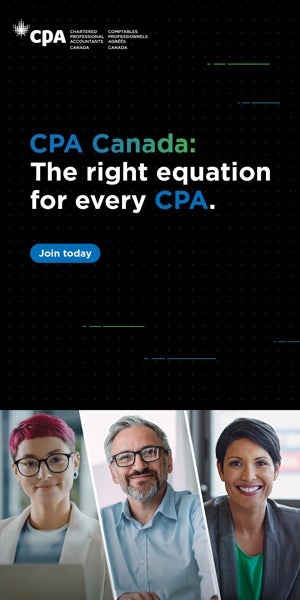Meditation for Accountants: Keeping calm through a taxing season

CPA Robert Gagnon takes you through the basics and benefits of meditation
Penticton, February 14, 2018 – It’s busy season for accountants, whether you’re practising tax, finishing your fiscal year or forecasting the next. As a CPA myself, I know this time of the year can be “taxing.” Tempers can be short, stress levels high. Actively managing your emotions and workplace relationships can have a major impact on your accounting and finance career.
Perhaps it’s time to try meditation.
Meditation has become a go-to power tool for many CPAs to counter-balance the hyperactive frenzy that can plague our daily lives, especially at tax season. It is defined as the simple act of spending time in quiet thought and its adoption has been revolutionary.
There are good reasons to bring meditation into your daily routine. Research suggests that meditation sharpens skills like attention, memory and emotional intelligence. Numerous scientific studies support the claims of adherents that meditation helps:
• Calm the mind and enable focused thought.
• Enhance creativity and imagination.
• Open a gateway for intuitive impressions.
• Overcome stress and find inner peace and balance.
• Improve sleeping habits and overall health.
The business case for meditation
An A-list of business leaders have trumpeted the effectiveness of meditation in enabling personal and corporate success. News Corp Executive Chairman Rupert Murdoch, LinkedIn CEO Jeff Weiner, hedge fund manager Ray Dalio, Ford Motor Co.’s Bill Ford and Salesforce.com’s Marc Benioff are just a few of the executives who embrace the practice.
In a 2007 study conducted by Bill Joiner and Stephen Josephs, entitled “Leadership Agility,” they surveyed managers at different organizational levels and found that the top one per cent were highly rated because they worked with others in a more collaborative way. They were better attuned to the situation and the needs of other people. Half of this top one per cent were committed to meditation as a regular practice.
Some companies are designating office space for staff to retreat and practise meditation, with Ebay and Google being notable pioneers. Many business schools have recognized the business case for meditation and mindfulness and provide courses and workshops for their students.
If you can find the time and space to meditate at the office, you should do so. But let’s start with the idea that you will be meditating at home in the beginning. Here are some basic steps to practising meditation.
Meditation basics
Many meditation practitioners believe that the morning is the ideal time to meditate. Find a place at home where you will not be disturbed and which you can regularly use each morning for 15 to 20 minutes.
Get comfortable and relaxed — either sitting in a chair or on the floor cross-legged, hands loose in your lap or on the top of your thighs, and close your eyes and separate your jaw. Your tongue should lay limp on the bottom of your mouth.
The next step is important — your breathing. Slow inhales in through your nose and smooth, and slow exhales out your mouth. Your attention is focused on the sound of your breath. Your mind clears and thoughts evaporate as you focus on the sound of your breathe. Do this inhale and exhale of your breathe 10 times and then slip into a relaxed breathing in and out through the nose.
You are now in peaceful meditation. This moment is about silence, stillness and self-reflection. No doing – but simply being. Some practitioners use the opportunity to contemplate a challenge, seek solutions to problems or tap into their intuition or gut feeling. Others might use this meditative state to use visualization as described in an earlier article.
Many however, just like the peace and quiet and emptiness of mind and the feeling and sensations of inner awareness. Experiment and play with the opportunity of stillness and see what works for you. Meditate for about 15 minutes and make it a part of your daily routine.
Tomorrow: Mindfulness for Accountants. Robert Gagnon CPA, CA, is a teacher and writer focusing on personal and professional development. Visit Robert’s website at Human Becoming. He can be reached at essex@total.net.









(0) Comments